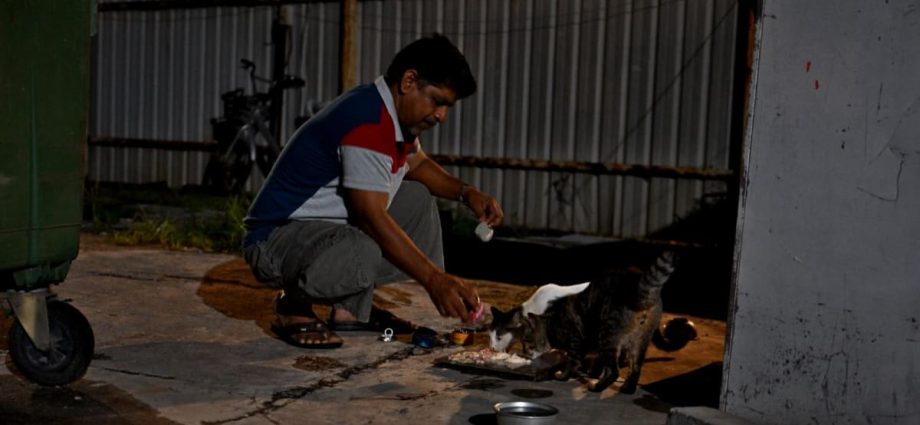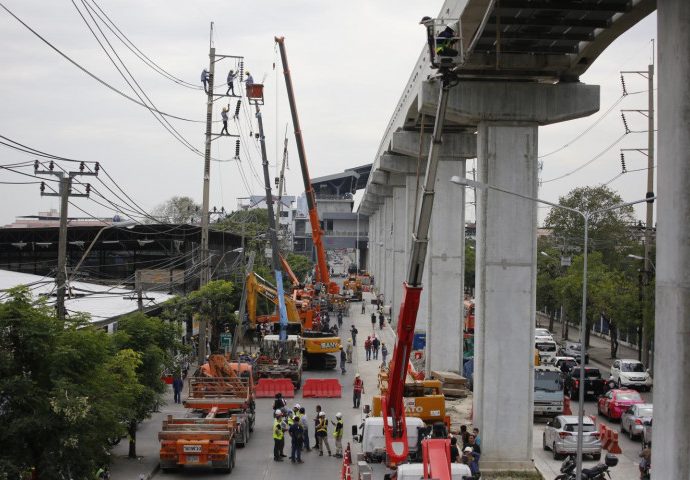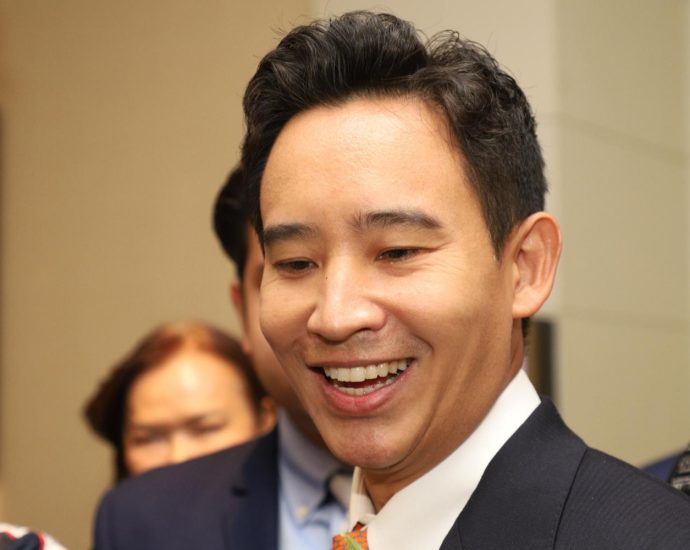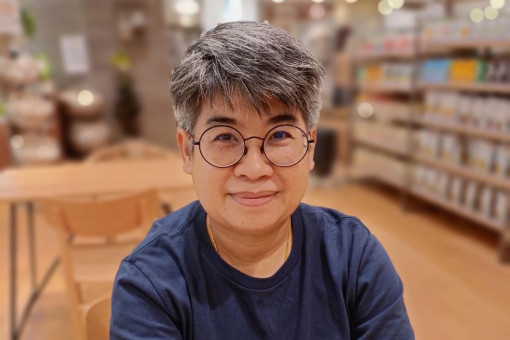In Singapore’s industrial fringe, migrant workers form unlikely bonds with stray animals
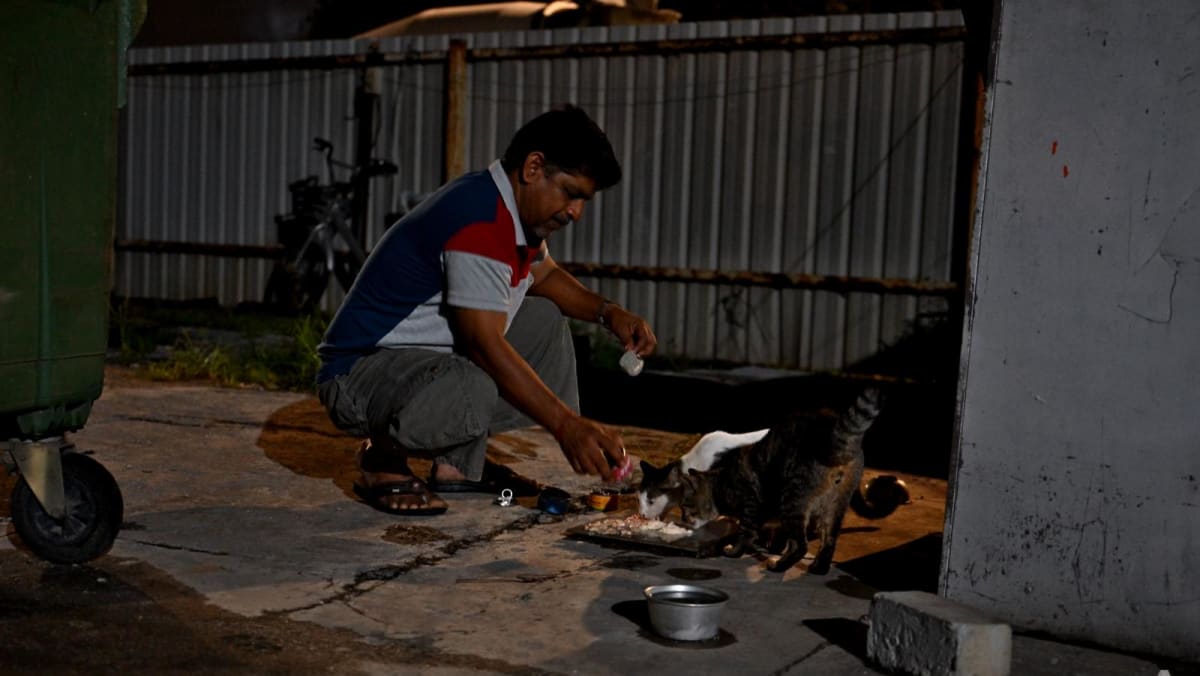
SINGAPORE: Every Saturday night, in a far-flung industrial corner of Singapore, a crew of volunteers brings food to the stray animals that shelter at factories in the area.
As the feeders approach, cats and dogs emerge from the shadows and wait expectantly at the factory gates. The six core members of local animal welfare group The Stray Affairs have become a familiar sight.
But the other six days of the week, it is migrant workers living and working in the area who keep the animals fed and healthy.
In this industrial fringe where migrant workers are thought to be merely transient, they have fostered unlikely bonds with the stray animals by becoming their caretakers.
“They serve as our eyes and ears on the street,” said The Stray Affairs member Daryl Mah, 25. “Most of them, they’re glad to do it because they actually do care for the animals.”
This industrial estate is home to about 150 dogs and 100 cats. At night, the animals roam around the factories’ courtyards, among wooden pallets and heavy machinery, in easy coexistence with the workers.
About 30 to 40 workers care for the animals. During the week, they dispense not just food provided by the volunteers but also medicines, as needed, and take note of any injuries, illnesses and disappearances.
One of The Stray Affairs’ closest partners is a dormitory manager known as Uncle Ramesh. The worker from Tamil Nadu, who is in his 50s, has been in Singapore for more than 20 years.
Uncle Ramesh fosters cats, and a grandfatherly twinkle appears in his eye when he talks about them.
He is so close to the animals that when one of his kittens was recently taken in by a volunteer to be monitored for a viral infection, he followed her progress closely, getting updates through text messages.

